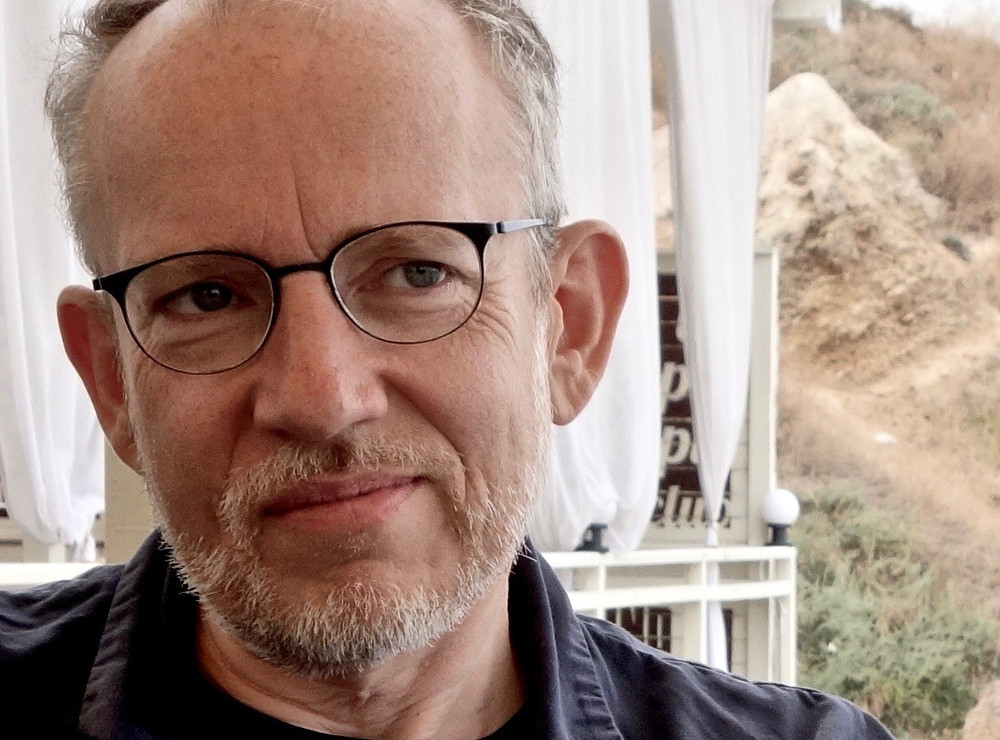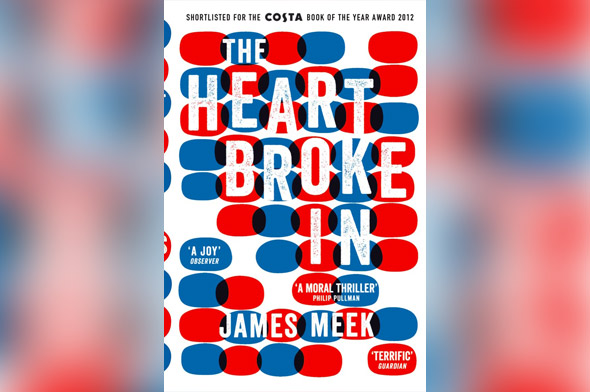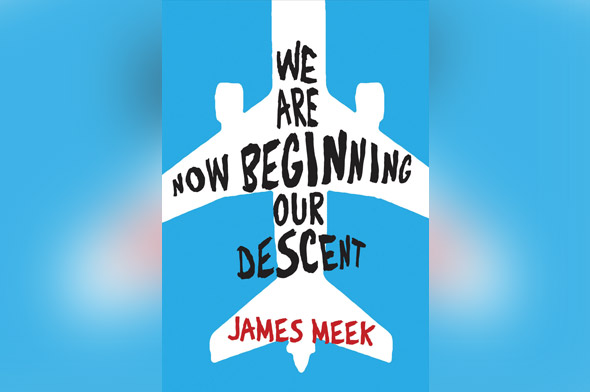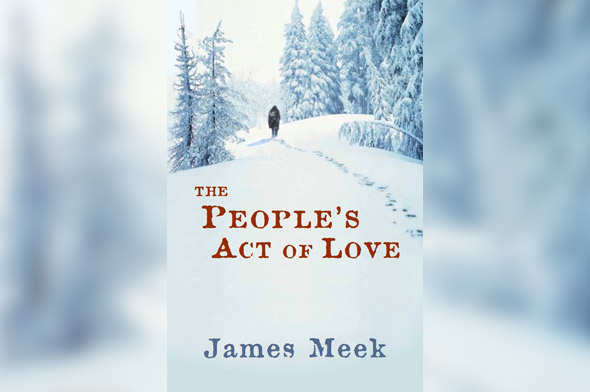Related Writers
Literature organisations
Discover more
Connections

Commissions
Feria de Malaga
By Miriam Gamble

News
Crossing Borders
Bold new work from exciting writers

News
Thomas Morris Twitter Q&A
Read the full transcript

Beyond the page
Editorial: Beyond the Page
Sam Ruddock explores the different ways we can experience literature off the page




